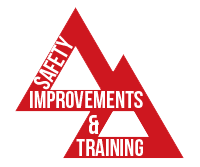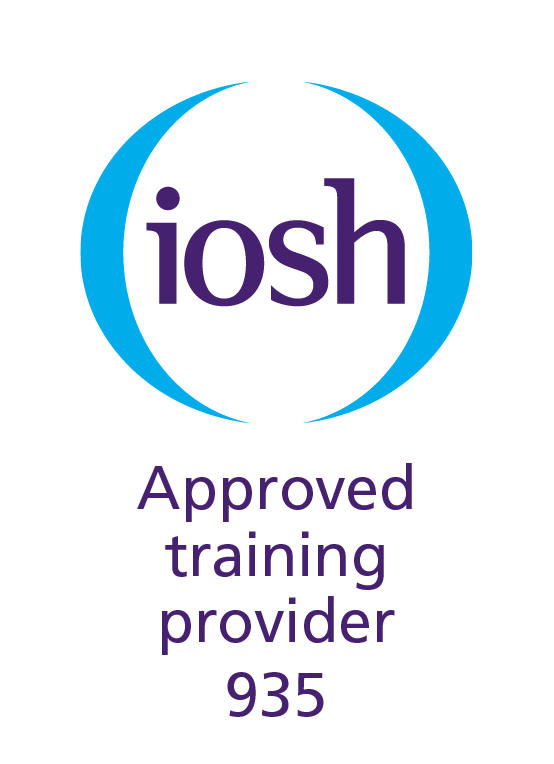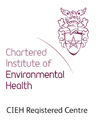Price: Contact us for details
Course Overview
The NEBOSH National Construction Certificate is aimed at Supervisors and Managers within the construction industry who are required to ensure that activities under their control are undertaken safely. It is likely to prove useful for those concerned with the management of buildings who may need to ensure that contractors are working safely. The qualification is also appropriate for supervisors and managers working in other industries such as utilities, and even broadcasting, where temporary workplaces are a feature of their activities. You will receive 106 hours of tutor contact time and it is also recommended by NEBOSH that you undertake a further 56 hours of private study time to help you familiarise yourself with the subject matter.
Course ContentThe programme is split into three units further broken down into seventeen elements each of which as a set of intended learning outcomes. The units are:
Unit NGC1 - Management of Health and Safety.
- Foundations in health and safety.
- Health and safety management systems - Policy.
- Health and safety management systems - Organising.
- Health and safety management systems - Planning.
- Health and safety management systems - Measuring, audit and review.
Unit NCC1 - Managing and Controlling Hazards in Construction Activities.
- Construction law and management.
- Construction site - hazards and control.
- Movement of people and vehicles - hazards and control.
- Manual and mechanical handling - hazards and control.
- Work equipment - hazards and control.
- Electrical - hazards and control.
- Fire - hazards and control.
- Chemical and biological health - hazards and control.
- Physical and psychological health - hazards and control.
- Working at height - hazards and control.
- Excavation work and confined spaces - hazards and control.
- Demolition - hazards and control.
Unit NCC2 - Construction Health and safety practical application.
Unit NCC2 has no syllabus content associated with it, but tests the application of knowledge acquired in the study of the first two units. It examines your application of knowledge in the first instance to identify hazards, evaluate risk and control and secondly to report to management in a way that is persuasive towards management action to improve standards.





